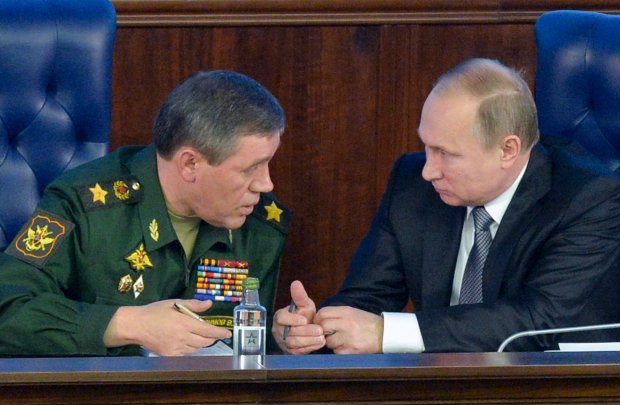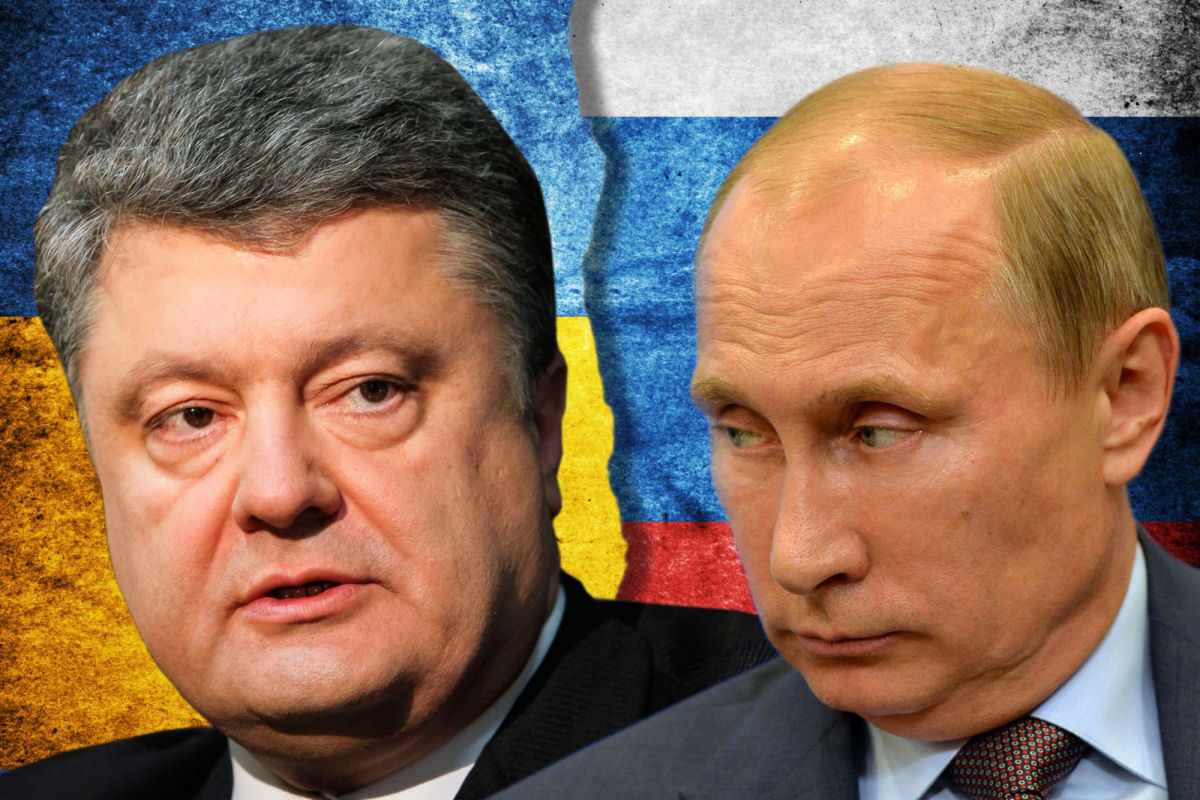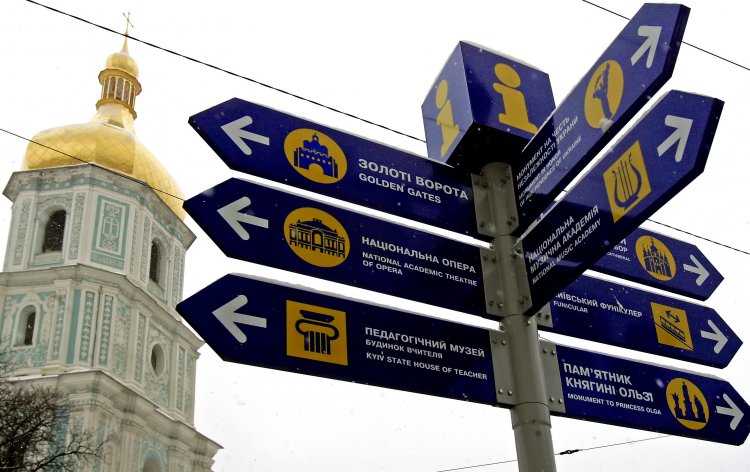
Vladimir Putin and his supporters have made the struggle against what they see as Russophobia a cornerstone of their ideology, Yevgeny Ikhlov says; but if one examines the characteristics they offer for this phenomenon, it is clear that Russophobia as such does not exist. At the same time, fear and hatred of Putin’s regime very much do.
The importance of this ideological theme to the Kremlin has been underscored, the Moscow commentator says, by the fact that immediately after Putin made his remarks about it, the World Russian Popular Assembly insisted that Russophobia included any attacks on the Russian Orthodox Church.
In defining the term, Ikhlov continues, the Russian Popular Assembly advanced five assertions regarding Russophobia, all of which he says are at the very least problematic. It asserts that the Russian people are being “subjected to Russophobia, they are the victims of genocide in Ukraine, they are a victim people, they are a divided people, and they have an identity which is being blurred.
Before considering each of these in turn, the commentator notes that the claim that an attack on the Orthodox Church is an attack on the Russian people is simply wrong. “Orthodoxy is not a church of the Russian people… moreover, it is not an exclusive attribute of ‘the Russian world.’” Asserting otherwise undermines “the very idea of the universality of Orthodoxy.”
The assertion that there is ethnic hatred toward Russians as such in the contemporary world is without foundation, Ikhlov says. The only place where one could speak about this would be in the Baltic countries, “but this is a manifestation of the most ordinary migrantophobia and diasporaphobia, which Russians also display.
Around the world, people recognize Russian culture as “a great world culture,” and Russians “have not encountered even that hostility which for long years surrounded Germans after the First and especially after the Second World War.” Those who assert otherwise do not know what they are talking about.
The fact that there exists “fear and hostility to the Putin government” and that this is spreading and intensifying is quite another matter, Ikhlov says. A century ago, “every literate individual could clearly distinguish between the regime of Nicholas I and the Russian people and Russian intelligentsia.”
Thirty years ago, people found no difficulties in distinguishing between the Russia of Sakharov and Solzhenitsyn and Russian communism. “And now,” Ikhlov says, they have no problem recognizing that the Russia of Boris Nemtsov is something entirely different than the Russia of Vladimir Putin.
Confusing or conflating “fear before the imperial policy of the Kremlin and the authoritarian mentality of the people with hostility toward Russians as an ethnos” is simply foolish nonsense, Ikhlov suggests.
The second plank in the attack on supposed Russophobia is that ethnic Russians are, it is said, being subjected to genocide in Ukraine.” There is no truth to that, and the word genocide should be used with care rather than tossed about whenever one wants to blacken opponents and play the victim.
Russians can claim to be victims, Ikhlov says; but most often and most seriously they have been victims of other Russians rather than of foreigners of one kind or another. But they are not a victim people in the sense that the Jews and Palestinians, Armenians and Tutsis are, and they should not claim otherwise.
Nor is it correct to label the Russians “a divided people,” as many of those now talking about Russophobia do. It is true that the collapse of the USSR in 1991 left many ethnic Russians beyond the borders of the Russian Federation, but “over the last quarter century much has changed” and the Russians in these countries are now “classical examples of a diaspora.”
Finally, Ikhlov argues, there is no evidence that Russian national identity is being blurred. “On the contrary, Russians very clearly set themselves apart from other ethnoses of the empire, having unwritten but in no way less obligatory criteria of what is required from a non-Russian to be recognized as a Russian,” even if various groups of Russians often fight about that.





